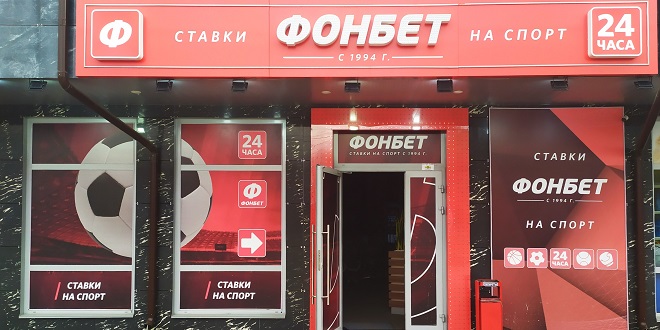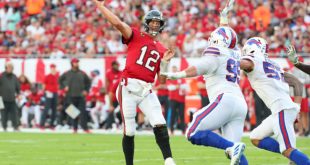Since it was founded in 1994, Fonbet has grown from a company of three people to one of the largest players in the Russian betting market; gone are the days when it was using handwritten odds faxed in from Las Vegas as the main source of pre-match markets.
Nearly 27 years on, Fonbet director general Alexander Paramonov helped us to reflect on the major milestones in the sports betting operator’s development.
A handwritten pre-match and odds from Las Vegas
Betting in Russia got its start ‘hand-to-hand’. In the absence of the internet, all clubs turned into betting shops. This was where Fonbet’s story first began.
When the company was first established, Fonbet’s first offices were in a hotel room – no computer, no printer, no copier. In the room, there was a secretary, one employee and the founder of the company.
The founder took a very active role in the company, analysing the matches and discussing possible changes to the pre-match odds – in fact, he was in charge of setting those for football and hockey matches, while information guiding the pre-match markets for NHL and NBA was faxed in from his friends located in Las Vegas.
Paramonov shared: “At the beginning, we only supported bets on events in the top six European football leagues, including the Russian Premier Leagues, NHL, NBA, Russian hockey and the official matches of national teams.”
Once adjustments had been made, pre-match odds were typed out, printed, photocopied and taken to the cashier which is when Fonbet’s customers could start to bet. In many cases, players would even take a copy home to study it more carefully.
Cashiers could then take the bet, where they would write out a carbon copy receipt, give one sheet to the client and ask them to check their bet. Only then was any money exchanged.
“The betting shops opened at 14:00 because the company’s founder couldn’t get everything ready and finish yesterday’s calculations before then,” Paramonov told SBC. “They brought him the bet slips, he watched the matches, got the results, and crossed out whoever had lost.
“Then the winning bet slips were sent back to the cashiers. Customers came back with their carbon copy receipts, the cashiers found the matching halves, and the bets were settled.”
All the bets accepted at betting shops were transferred onto floppy disks, and then onto the main computer and general database, where the match results were also fed.
According to Paramonov, it became clear that there was a crucial need for more statistics and analytics around sports and teams. The hardest betting markets to form were for the NBA.
When odds for the NBA were faxed over from the US, this was when the idea of an NBA robot was born – an idea which would build on the company’s soccer robot.
Challenges leading to success
Throughout the history of Fonbet, there have been challenges that helped it to reach new levels and set new trends. In 2014, amendments were made to the law on gambling regulations, which meant that people were now required to show their passports when placing bets.
The response to this measure from customers was negative, said Paramonov, because they didn’t want to always have their passport on them just in case they wanted to place a bet.
This new restriction gave Fonbet the idea to create betting terminals. Customers could use them on their own, once they were issued a smart card. Fonbet was the first on the market to provide betting terminals. This new format brought clients to betting shops because the terminals were easy to use and didn’t require any interaction with a cashier.
After betting terminals were installed, the number of customer bets started to grow substantially. By adapting to the new times, Fonbet had managed to increase revenue significantly.
Paramonov concluded: “The betting industry is constantly changing. Bookmaking might be done differently to before, with more of an emphasis on the technology, but it is more prevalent both in Russia and around the world. One thing that has remained unchanged is Fonbet’s drive for development to gain new customers and maintain its leading position in the market.”









